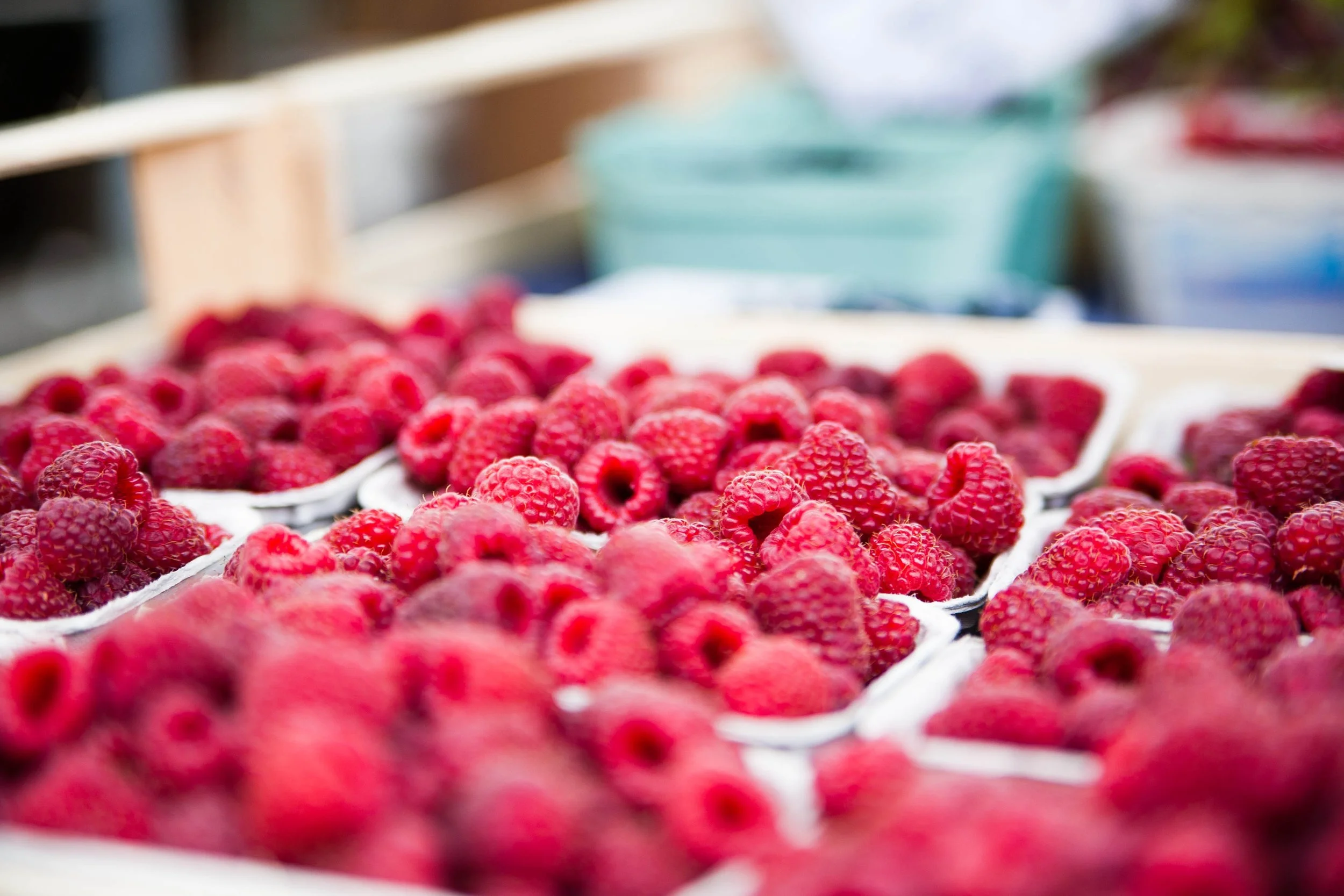Long before there were $100 moisturizers and serums, and beauty marketplaces for buying them, like Sephora and Ulta, people made skin-care products straight from their gardens. Fruits like strawberries played a major role, thanks to their ability to cleanse the skin while maintaining its moisture and leaving behind a healthy glow. In fact, 1950s style icons like Grace Kelly and Marilyn Monroe both attributed their luminous skin to a DIY mask made from mashed strawberries, honey, and a little water.
Turns out they were on to something. As dermatologists have discovered, strawberries are full of a variety of naturally occurring compounds that are incredibly healthy for the skin. These include:
Carbohydrates, which are hydrating.
Antioxidants, which protect skin against damage from free radicals as a result of aging and exposure to environmental pollutants. In particular, strawberries have alpha lipoic acid, a compound that slows the breakdown of collagen elastin, and vitamin C, which aids in collagen synthesis and makes the skin look brighter. Strawberries are considered even better for the skin than oranges, another vitamin C powerhouse, because they don’t strip the skin of oils in the same way as citrus.
Acids, which are gently exfoliating, helping to remove surface dirt and oils. Salicyllic acid, a well-known anti-inflammatory, is a beta-hydroxy acid that’s often used in acne treatment products. Like the other acids in strawberries, it can also help balance oil production in the skin.
There are dozens of new products on the market containing skin-loving strawberries; look for Fragraria chiloensis extract on the label. A few of the brands that make skin-care products with strawberry include Drunk Elephant, Sugar, the Body Shop, Edible Beauty, Hydropeptide, Eminence, Arbonne, and Volition.
If you want to try making your own strawberry mask, wash a package of strawberries and set aside any squashed or lightly damaged berries, plus the cut-off tops. (Save the other berries for snacking!) Remove the stems and leaves, and mash the berries and tops in a bowl. For oily or normal skin, add honey in about half the amount of the berries. For dry skin, add almost as much honey as berries. Then mix with a little spring water to create a paste. Spread it over the skin with a clean cotton pad or cloth, wait about 5 minutes, then rinse clean for a rosy glow.




